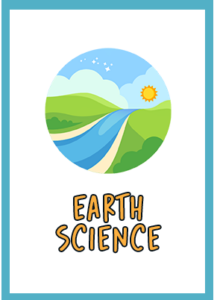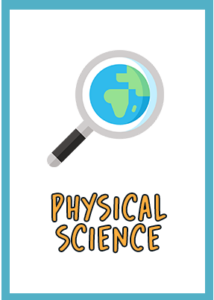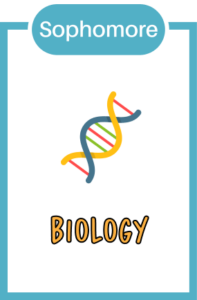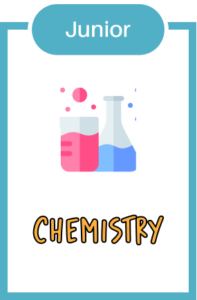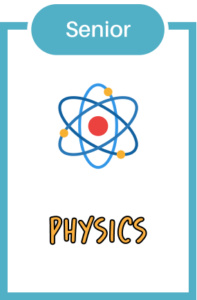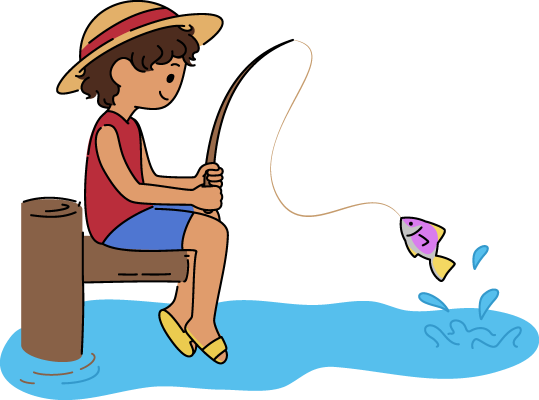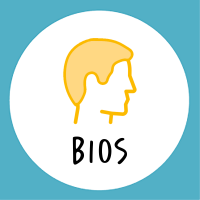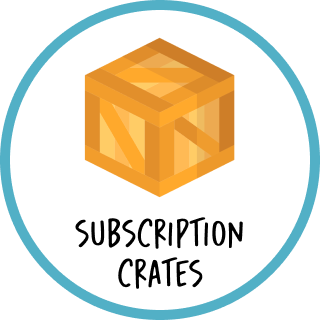Science
Charting Your Course
Science
Charting Your Course

Preschool to Middle School
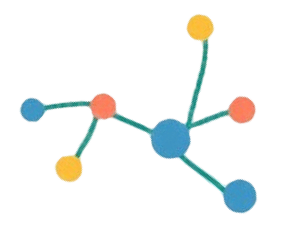
Recommended Course
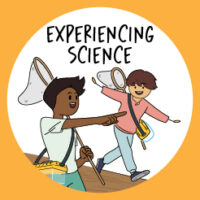
Simply Smart Experiencing Science
Experiencing Science is a flexible, comprehensive, family-style curriculum designed for children from preschool to eighth grade. It is great for co-ops, families and also students studying independently. Each lesson helps children to experience science through simple, fun, hands-on activities and to develop a scientific mind.
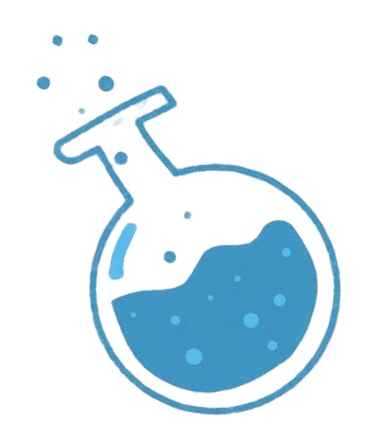
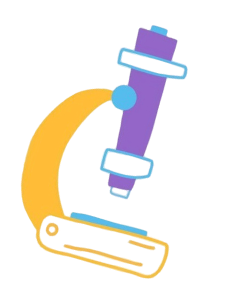

KEYS TO SUCCESS

Whatever science curriculum you choose, the following will help you to be more successful

Utilize a Wide Variety of Resources
You don’t need to rely on a single science curriculum. Draw on the best of everything—books, videos, activities, research, available classes, subscription crates, field trips, etc.
 Track Progress with Master Outline
Track Progress with Master Outline
When learning comes at random times and from various sources, as science often does, students will be much more efficient & effective if they keep a master outline tracking what they have learned.
 Focus On Hands-on Learning
Focus On Hands-on Learning
Children learn best by seeing and doing. The more involved and interested they are, the more likely they are to remember & understand what they have learned. Use as many hands-on activities and experiments as possible. Teaching science in a “co-op” setting greatly facilitates this hands-on approach.
 Develop a Scientific Mind
Develop a Scientific Mind
Science is more than memorizing facts. Students should learn to think like a scientist and effectively present their work to others. Help children practice observing, comparing, asking questions, creating hypotheses and finding answers to questions. Encourage children to regularly write on scientific topics & present research to others.
 Create a Student Science Notebook
Create a Student Science Notebook
Science is all around us and children can learn through a wide variety of mediums. Have children keep a science notebook summarizing the information they learn. Keeping a well-organized science notebook can be an invaluable reference for children as they get older. It helps them retain information & also helps teach them good organizational skills.
Middle School to High School
Optional Courses
As your child starts middle school, they may want to transition to a more structured approach by selecting one or more of the following courses. Physical science or earth science are often taken as a freshman in high school.



Strongly Recommended Courses
The following courses are considered standard for a college-bound student.


